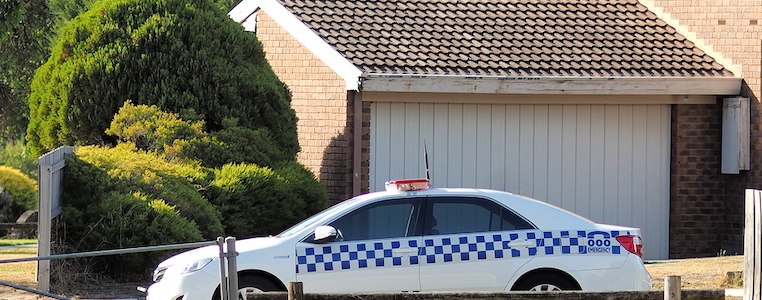
“Can you come down to the station to answer some questions?”
So, the police have arrived at your door and want your son to accompany them to the station to answer a few questions …
- Does your son have to go?
- Can they stop and demand that your son assists them with their inquiries then and there?
- What if he refuses?
- What about police stopping and searching people at music festivals?
- Can you be arrested so that police can determine if you have committed an offence?
- What constitutes an arrest?
- Do you have to answer questions after arrest?
- Should you seek a lawyer’s presence if you have been arrested?
These, or similar situations, may confront us or our family members. If that occurs, it’s important to understand both your rights and the limits of police powers, as the police are under no obligation to tell you that – at least until you are arrested.
So here’s what you need to know:
- The police do not have the power to compel you to go with them, or to answer questions, unless you are put under arrest or unless some important exceptions apply. These include the right to ask you for your name and address if the police suspect on reasonable grounds that you may be able to assist them in the investigation of an offence because of an incident occurring near a place where you were present.
- The police have similar rights to seek details in the case of motor vehicle offences.
- If the police suspect on reasonable grounds that someone may have something on them illegally obtained or used in committing an offence, then they can stop and search. “Reasonable suspicion” is defined as less than belief but more than a mere possibility. So music festivals are places where there is a history of illegal drug possession and use and it has not been difficult to establish reasonable suspicion. Incidentally, being sniffed by a police dog is not regarded as a search.
- You are arrested if you are detained by police and not permitted to leave. Police need to establish that at the time of the arrest they believed on reasonable grounds that the person arrested had committed, or was in the act of committing an offence. Police cannot arrest someone unless they intend to charge that person with an offence and bring him or her before a magistrate. So you cannot be arrested merely because you are uncooperative, or so that the police can determine whether or not you have committed an offence.
- At the time of arrest, the police must tell the person arrested that they are under arrest; what they are charged with; and must caution them that they are not bound to say anything.
- Once arrested, the police have up to six hours to interrogate the person arrested and to bring a charge against him or her. That period can, in some circumstances, be extended. Otherwise the person must be released from custody.
- It may, or may not be in your interests to participate in the interrogation process and to provide a record of interview. The right of silence remains, although in the case of a serious indictable offence, the police may decide to issue a special caution to remove that right in which case certain conditions must be met. These include the requirement for an Australian legal practitioner to be acting and to be present at the time of the caution.
Don’t be surprised then if you are in real trouble and your lawyer decides that it is in your best interests that he either not come down to the station, or if he is there, that it is best that he terminate his retainer and leave! With the ball back in the police’s court, there will be time for advice once the police make their next move and when your lawyer is properly apprised of the case against you.
Hopefully, you’ll never have the police arrive at your door to question you or a member of your family.
But if you do, it’s crucial that you understand your rights and what powers the police have.
If you need legal advice for your family, your business, or yourself, contact Russell Debney at BridgePoint Group on 1300 656 141.

Talk To
Russell Debney
LEGAL DIRECTOR



